Contents
Taking your car to France offers the ultimate in practicality and comfort, allowing you to get around this huge country and see as many of the sites as possible.
However, taking your car to France isn’t always a cheap proposition. After a month in the country I therefore wanted to reveal some ways that car drivers can save money when in France…
Ferries
The first challenge is of course getting your car to France in the first place. Many European countries offer ferry services to France, but their prices can vary enormously. If you’re willing to be flexible about the time of travel and your destination port then it’s possible to save a considerable amount of money.
Do your research well in advance to get the best deal, and be sure to consider every option available.
Overnight ferries – which are quite common from the UK – will typically offer a range of accommodation options for the journey. Renting a cabin for the night is reasonably priced, but if you’re on a tight budget then you might prefer to simply reserve a standard seat, and doze sitting upright.
Car Insurance
You’ll want to be certain that your current car insurance policy also covers Europe, and whether there are any limitations on time limits and so on. If necessary, speak to your insurance firm to see if you can extend coverage to cover continental Europe.
Also, if you have opted for the one of the new breed of “paperless” motor insurance companies then be sure to print out a copy of your insurance certificate before leaving home. This should be carried in your car at all times, together with your passport and driving license.
Breakdown Cover
While I hope your car will perform as expected for you, breaking down in a foreign country is never fun. Who do you call in case of emergency – and will you understand what they say?
In light of this, I strongly recommend that you invest in European breakdown cover.
A number of well-known British companies offer European breakdown cover including the AA, RAC and Green Flag. Prices can vary considerably from one company to another, as does the level of cover so be sure to compare all the options.
We discovered that our car insurance firm allowed us to upgrade our policy to include European breakdown cover. This upgrade cost a tiny amount, and worked out far more cost-effective than taking on a breakdown policy directly.
Essential Equipment
When driving in France there are a number of pieces of equipment that you’ll (legally) need to have with you at all times. This includes a warning triangle, first-aid kit, fluorescent jacket and breathalyzer.
Try asking around your friends to see if they have any equipment that you can borrow for your trip. Alternatively, many of the well-known British breakdown firms sell complete “European driving packs” which can work out cheaper than buying all the parts separately. We ordered this one off Amazon, which comes in a handy case and takes up minimal space in the car.
Buying Fuel
Fuel isn’t cheap on the continent, so if you’re planning to do plenty of driving it makes sense to fill up where it is cheapest.
A handy app called Essence (French for “petrol”) offers the details of over 10,000 fuel stations, complete with prices.
Simply consult the app as your tank drops down to find the most competitively-priced fuel on your route. The app is available for Android phones here and on iPhone here.
If, like me, you tend to use Google Maps on your phone for directions, rather than a more traditional satellite navigation device, then think about data costs.
You may want to ensure that your phone comes with plenty of inclusive European data. Alternatively, you may not realize that you can actually download your planned route onto your phone, saving on data costs.
Toll Roads
Lastly, be aware that France has a large number of motorways which require a toll to travel along. Our experience of toll roads has been very positive; they tend to be well-maintained and almost empty of traffic so they’re probably the quickest and most enjoyable way to rocket down France on your arrival.
That said – this practicality does of course come at a cost, however modest. We probably spent some £40 or so on toll roads while travelling two thirds of the way down France – so the fees aren’t excessive.
If you’re on a budget, however, you may want to set your route to avoid these toll roads completely. Most satnavs make avoiding such roads quite simple, though appreciate that your journey may be rather more circuitous, and therefore may take slightly longer.


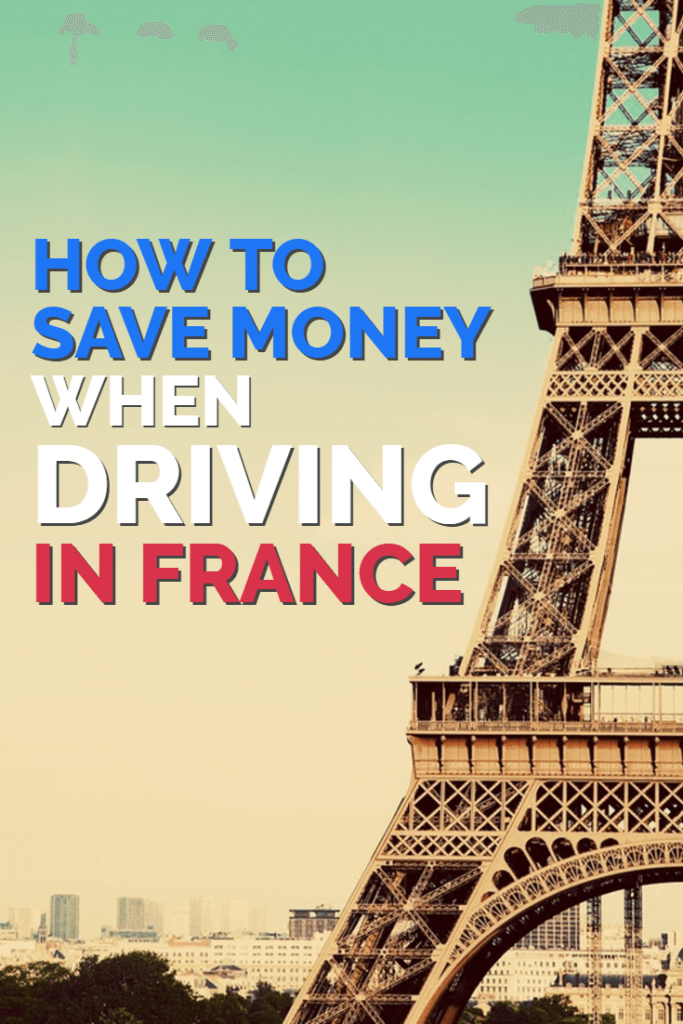
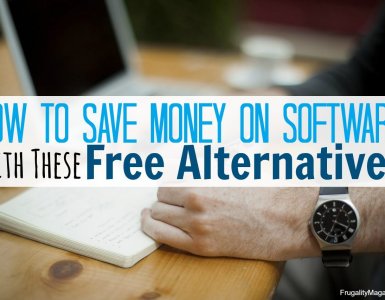


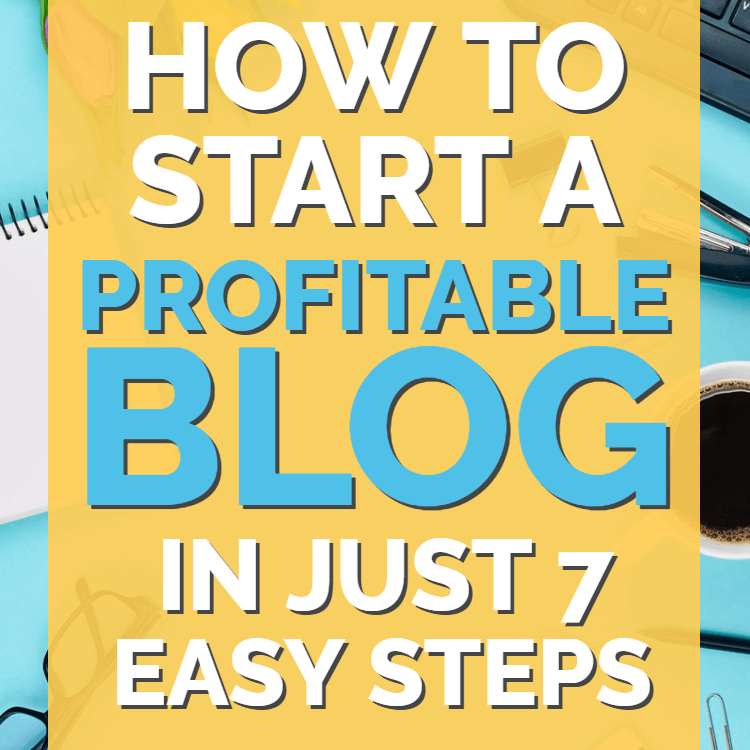


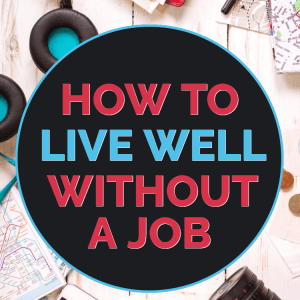
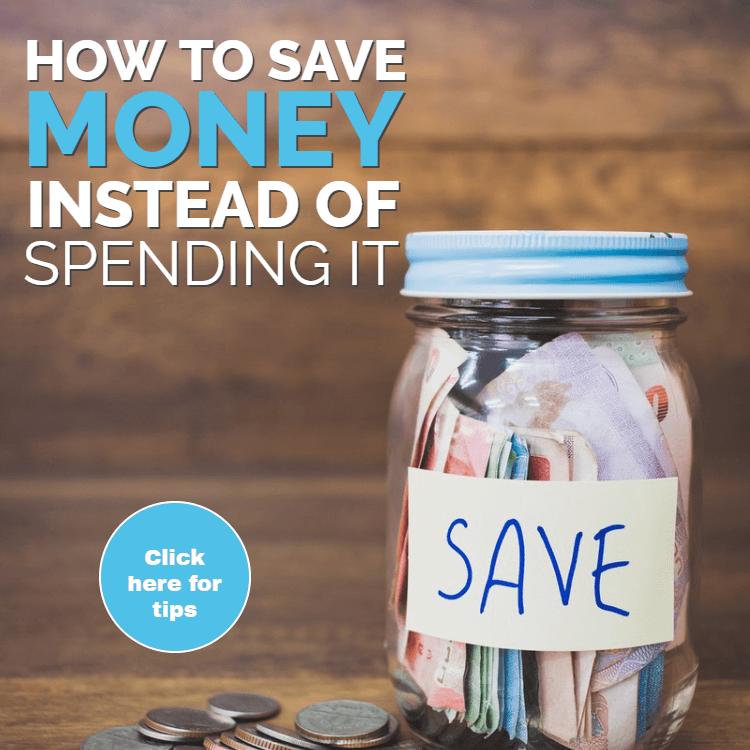
Add comment